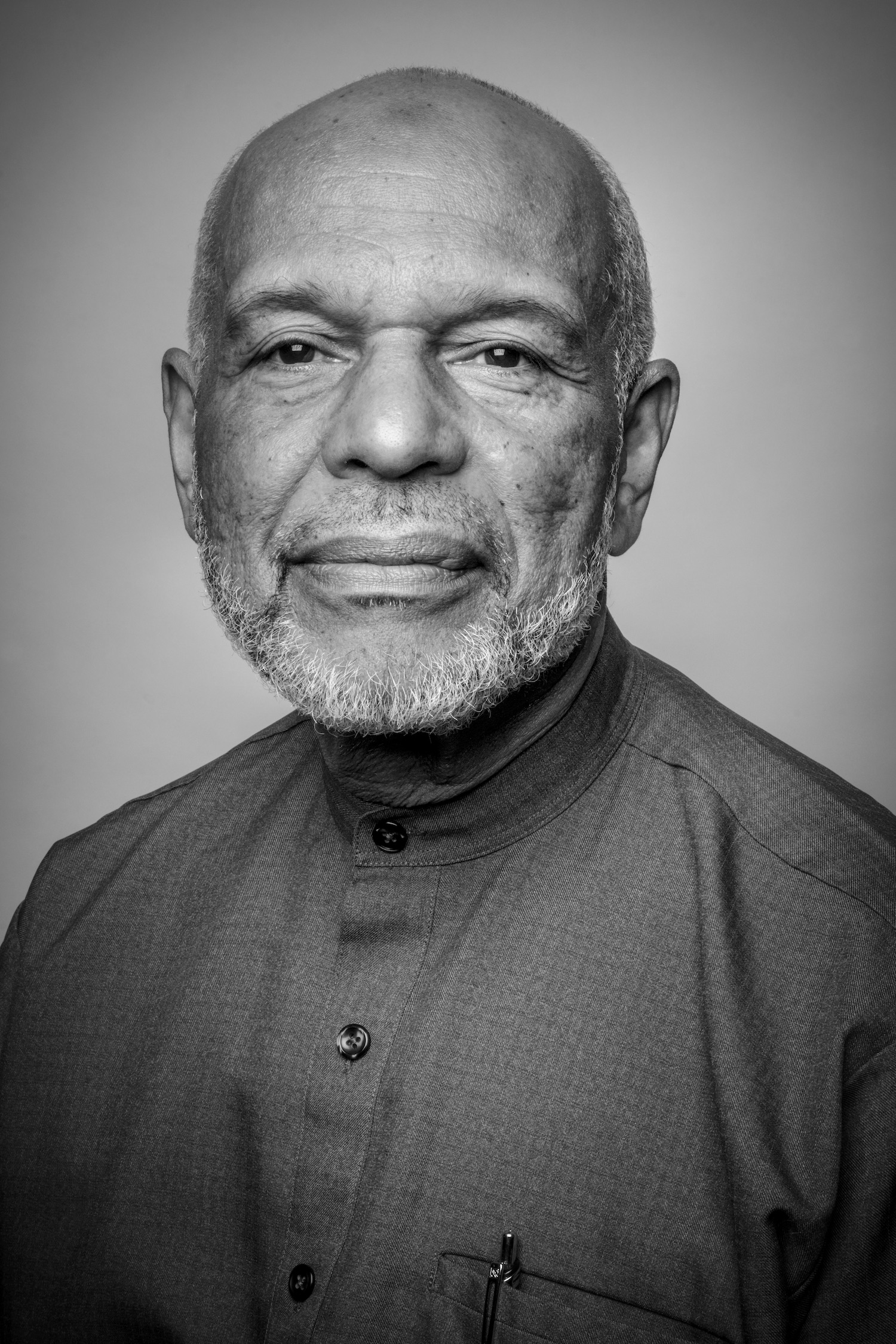IMAM SALEEM KHALID IS THE EXECUTIVE DIRECTOR OF THE MUSLIM ENRICHMENT PROGRAM, A PROJECT PROVIDING EDUCATIONAL AND SOCIAL SUPPORT TO NEW MUSLIMS. HE WAS FORMERLY WITH STANDARD FEDERAL SAVINGS (CURRENTLY BANK OF AMERICA), WHERE HE SERVED AS THE FIRST MUSLIM AND AFRICAN AMERICAN VICE PRESIDENT. IMAM SALEEM PREVIOUSLY SERVED AS THE EXECUTIVE DIRECTOR OF THE DETROIT ALLIANCE FOR FAIR BANKING AND AS THE DIRECTOR OF ECONOMIC DEVELOPMENT FOR NEW DETROIT, INC., ONE OF THE NATION’S OLDEST AND LARGEST RACE RELATIONS COALITIONS.
We have a unique opportunity here in North America, and that's the opportunity to express ourselves unbridled; to say what we feel.
That's critically important to me. That's something that should be protected. People worked hard for that. It's something that should be honored and it's a tradition that I believe works.
But listening is also a gift.
The capacity to listen can be increased through discipline. It’s also a function of your level of comfort with who you are and what you believe. I'm not disturbed, I'm not shaken up by someone else's interpretation of me, of their sense of me, their sense of my space, their sense of my intentions.
I'm seeing fewer people willing to engage in an objective conversation, people willing to sit down at the table and share whatever it is, whether it's their faith belief, political belief, local belief, or national or international belief. I'm seeing more and more distance between people, and less and less willingness to do that. But I think it's necessary, healing, and therapeutic.
The world we live in necessitates human beings being able to reach the point at which we can converse and agree to disagree. We can’t agree about everything. We don't agree on everything. God has created us individually, uniquely differently, and sometimes starkly different.
It’s occurred to me in my travels that the space we occupy is so small. No matter the distance you travel, no matter the number of days you travel, the world is very, very small. We're connected. We need to understand that the speaker and the listener are the children of Adam. We have everything in common.
I grew up in an era of strict racial segregation. We were into the civil rights movement. There were lynchings, there were fountains for colored people, there were fountains for white people. There were lines drawn in the sand.
It was also a world in which we had elders. It was a world that certainly had vices, but not in the doses that young people get today. There was limited media—which had its own biases—but we were not inundated with cell phones, the Internet, and 300 cable stations. There was more human connection.
When you talked about community then, it meant everybody in the neighborhood knew everybody. As a child, I was and could be reprimanded by someone outside of my family. I probably would want a reprimand from someone other than my mother and father! They were extended families.
I think that is what love looked like. I could see in the worst of times and situations, a nourishing, a looking out for people. There was a willingness to nurture. It wasn't necessarily from one generation to the next. It could have been intragenerational. People who had struggled would tell others, “You don’t want to do that, that’s not for you.”
There were safety nets. There were people who fell through those safety nets. But people are disconnected now. A community is not a group of people who live next door to one another. A community is where people know and are concerned for one another.
The world today is different than when I was young. There was room for error then.
The world is not so flexible anymore. It's not as loving as it once was. It's not a place where people can do that anymore. So, we must do two things: we must struggle to right the world; and as we do that, we must struggle to get to people as early as we can.
When I say there's less room, I mean there's little room for mistakes. The mistakes you make now, they're punishable almost immediately. The mistakes you make now can be absolutely life threatening. You can be in the wrong place at the wrong time talking to the wrong people or sitting amid the wrong people, and that's the end of things.
We see what's happening. We see what's going on in the country. This whole now-heightened sense of what's going on with African American males, this thing has existed. It's not new. It's existed. What's going on with the profiling of Muslims, it's always existed.
America is a place where people were profiled long before Muslims came here in any significant numbers by virtue of changed immigration laws.
So again, those kinds of environments leave little room for error. You need to know how to navigate the street. You need to know how to navigate life, and a lot of times people are not prepared for that. They're not emotionally or psychologically prepared for it. Maybe they’re not even physically prepared for it.



